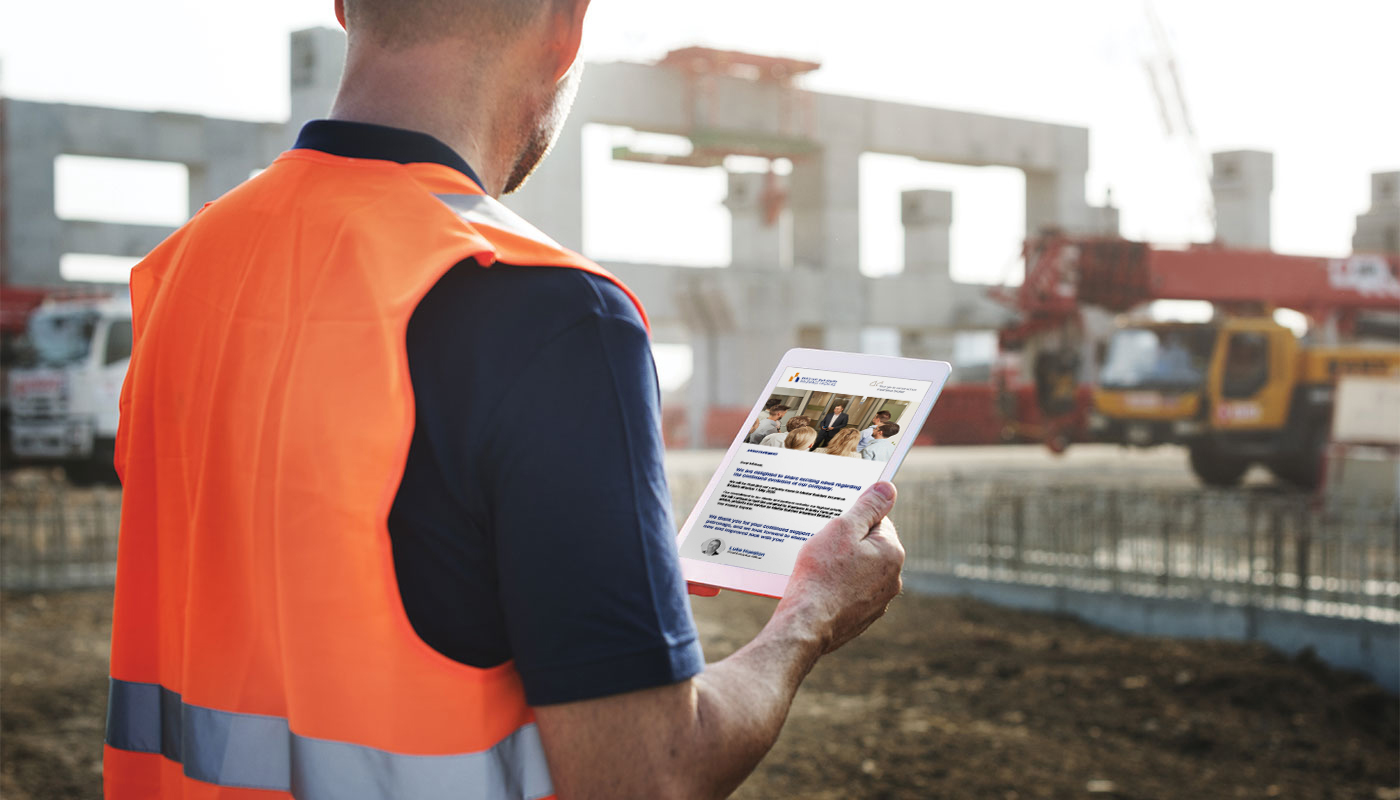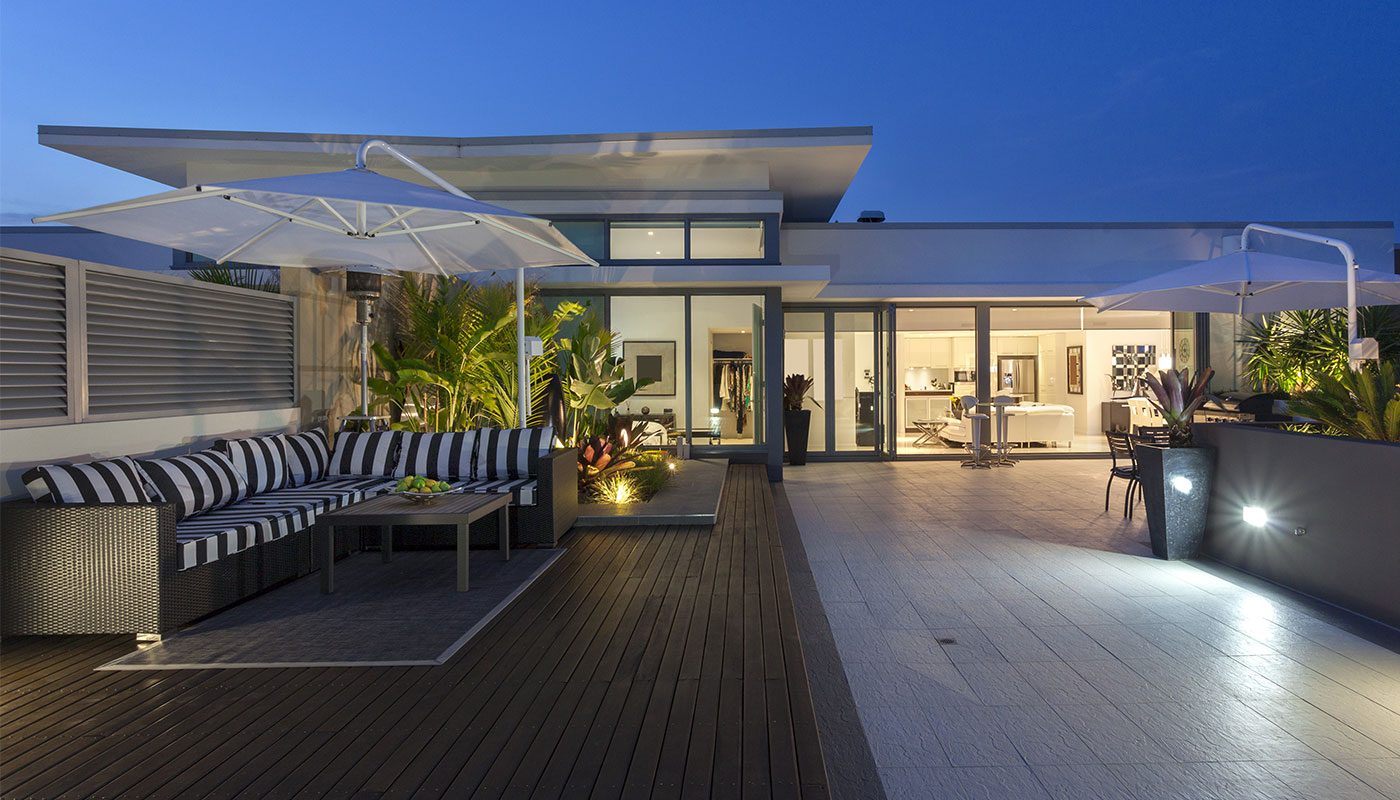What Builders Need to Know About VMIA and Deeds of Indemnity
If you are a residential builder in Victoria, you're probably familiar with VMIA—the Victorian Managed Insurance Authority—because of its role in providing Domestic Building Insurance (DBI). But you may have heard of something called a Deed of Indemnity and wondered: Does this apply to me?
Here’s what residential builders need to know.
What Does VMIA Do for Residential Builders?
VMIA is the exclusive provider of Domestic Building Insurance (DBI) in Victoria. This insurance is required by law for most residential building projects over $16,000 and is designed to protect the homeowner.
DBI covers homeowners if:
- The builder dies, disappears, or becomes insolvent, or fails to comply with a Court or Tribunal Order.
- The work is incomplete or defective and can’t be fixed by the builder
As a builder, you're required to:
- Hold a valid DBI eligibility, approved by VMIA,
- Provide a DBI certificate for each domestic building contract.
What Is a Deed of Indemnity?
A Deed of Indemnity is a legal document that VMIA may request after the assessment of your Domestic Building Insurance (DBI) application.
It involves a third party—such as a company director, business partner, or related entity—agreeing to take financial responsibility if you as the builder are unable to meet their obligations under the insurance.
Important Distinction
A Deed of Indemnity does not cover you as a builder for defects, delays, or disputes related to your residential work.
That’s your responsibility—and why you must hold the right commercial insurances like:
- Public liability insurance
- Contract works insurance
- DBI (on behalf of your clients)
When is a Deed of Indemnity required?
The need for a Deed of Indemnity is assessed on a case-by-case basis, depending on several factors. These may include:
- The company’s financial position
- Individual tax returns (for directors or key personnel)
- The total construction limit being requested
- The builder’s experience and track record
- Any adverse findings or compliance issues
Each application is reviewed individually to determine whether a Deed of Indemnity is necessary as part of the eligibility process.
What happens if I do not accept the Deed of Indemnity?
This may impact the outcome or terms of the application. Once it is communicated to VMIA that a Deed of Indemnity will not be provided, VMIA will review the application on that basis.
Please note that decisions are made on a case-by-case basis, and the revised terms will be shared with the builder once they are received from VMIA.
What should you do if you receive a Deed of Indemnity?
- Understand that document
- Seek legal advice
Reach out to Master Builder Insurance Brokers for your Domestic Building Insurance needs.
This also includes and not limited to:
- Password resets
- BUILDVIC log on issues
- Change in ABN / Name Changes
- Eligibility Increases
- New Applications




